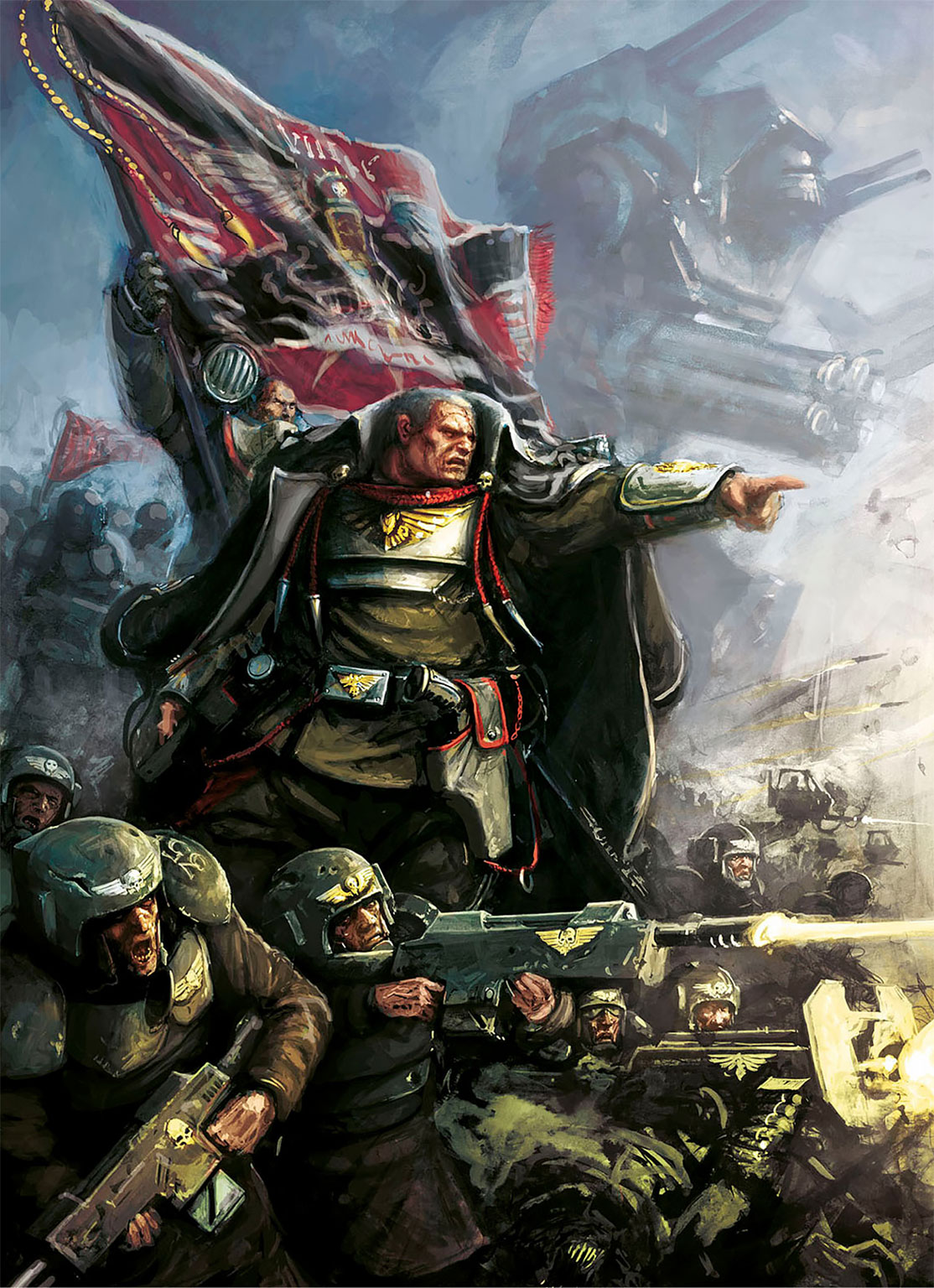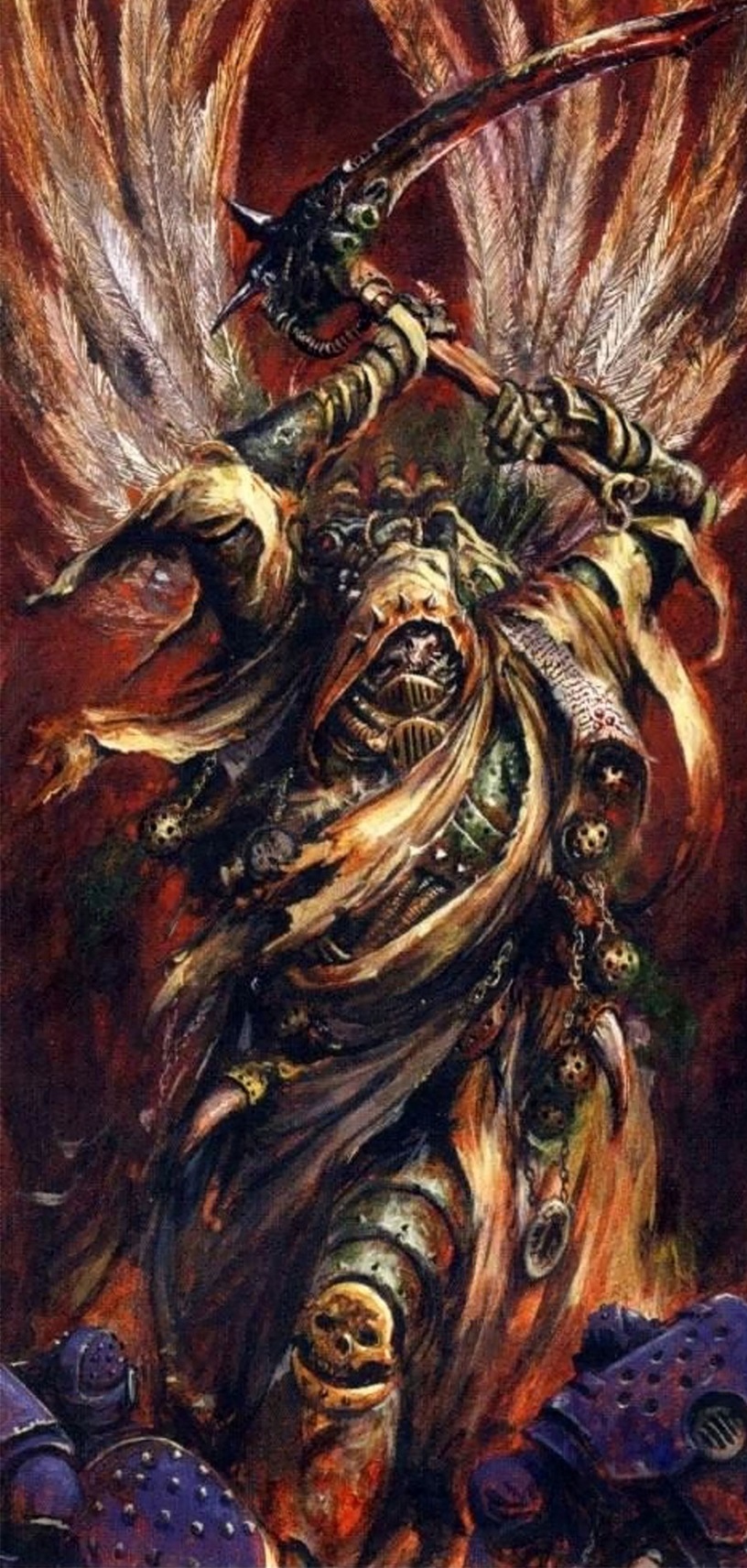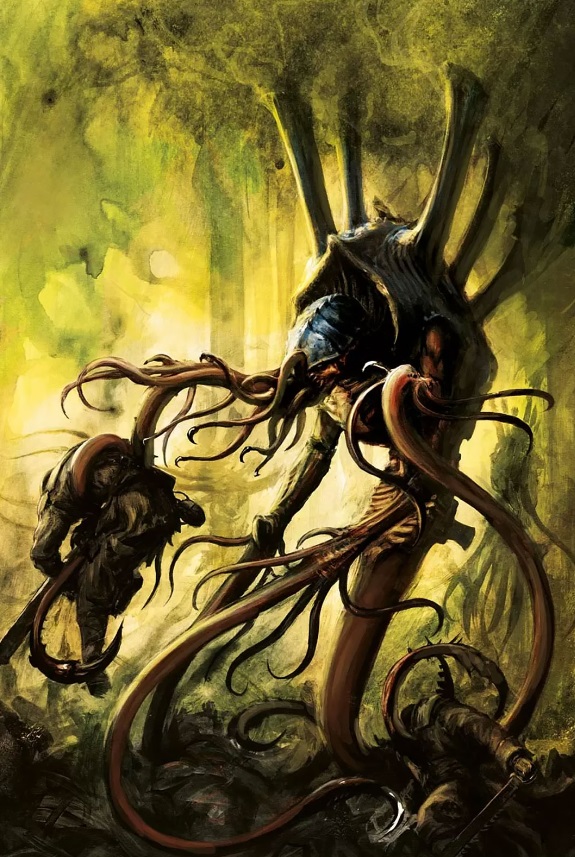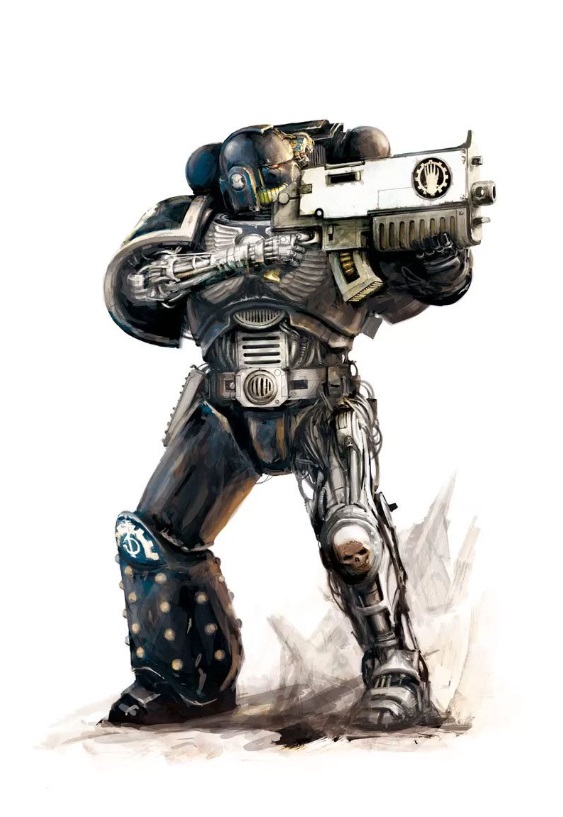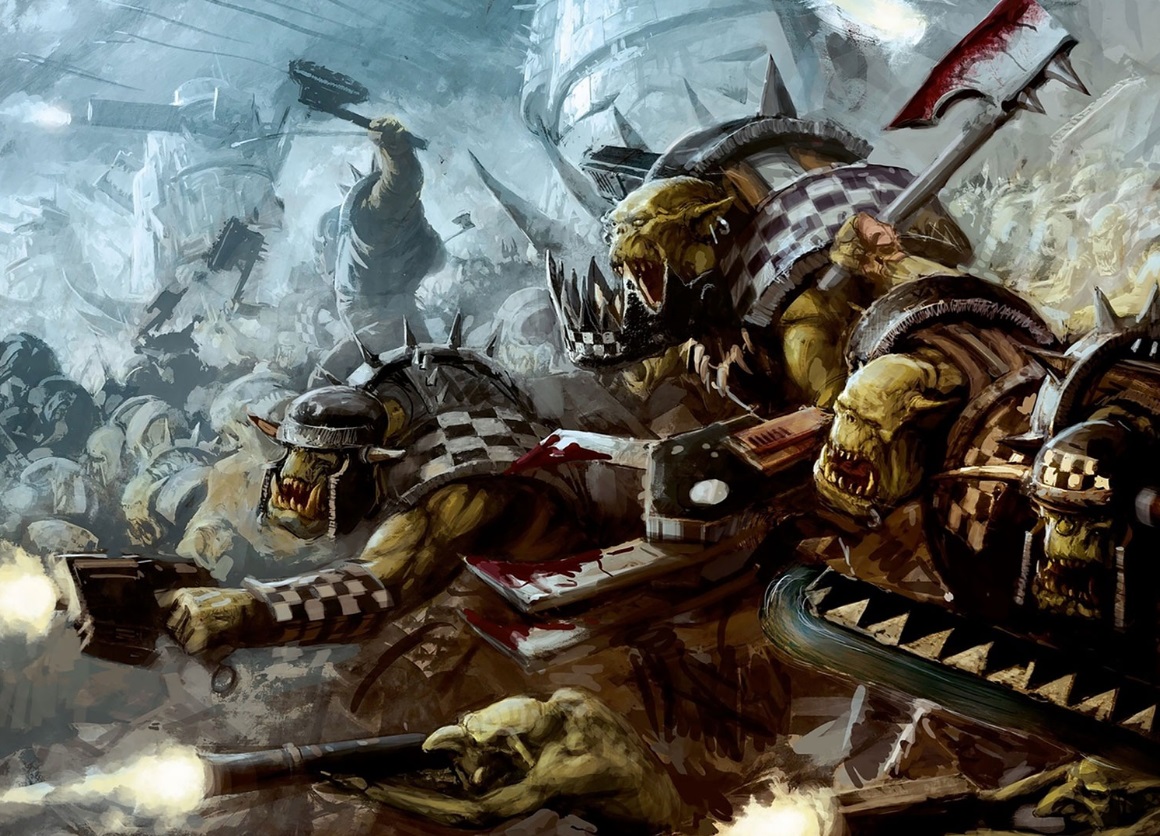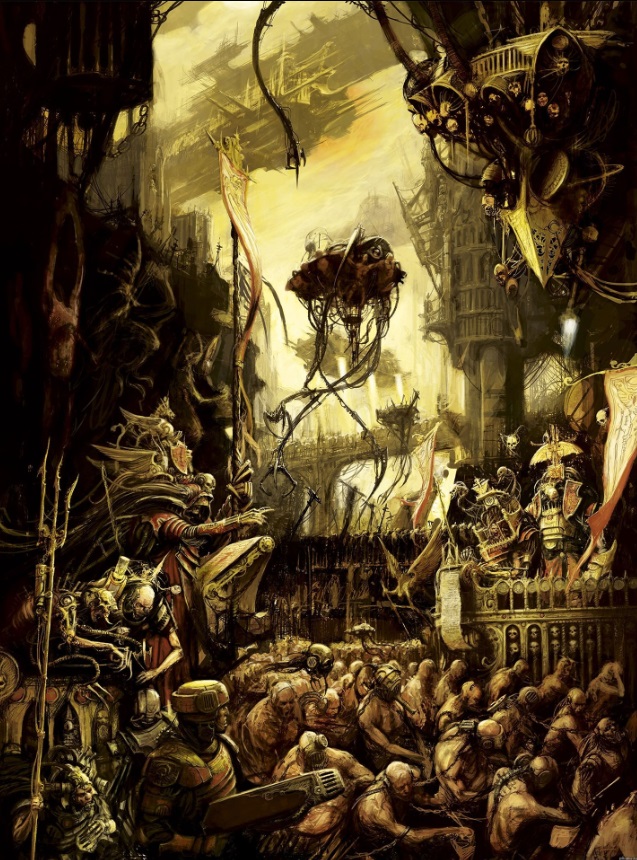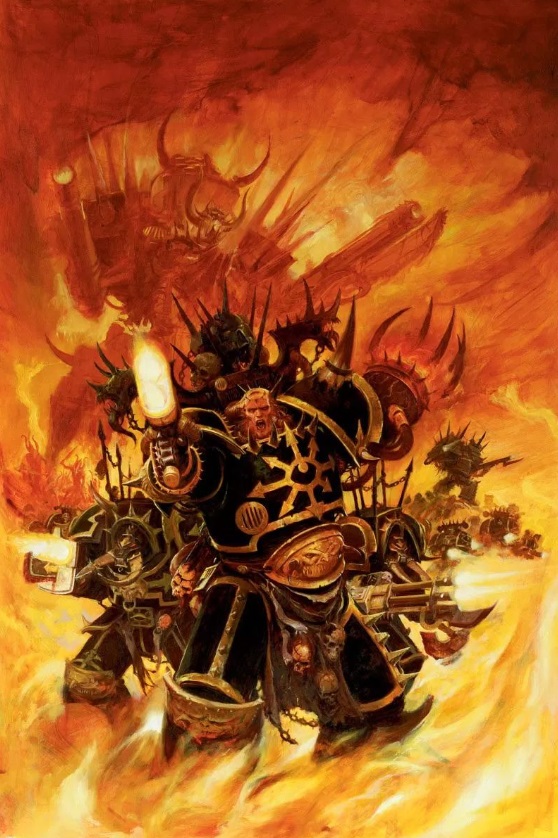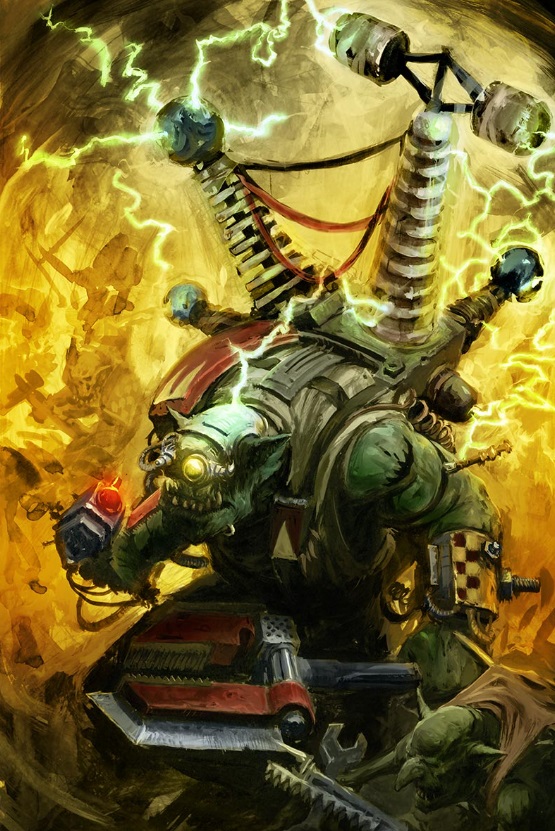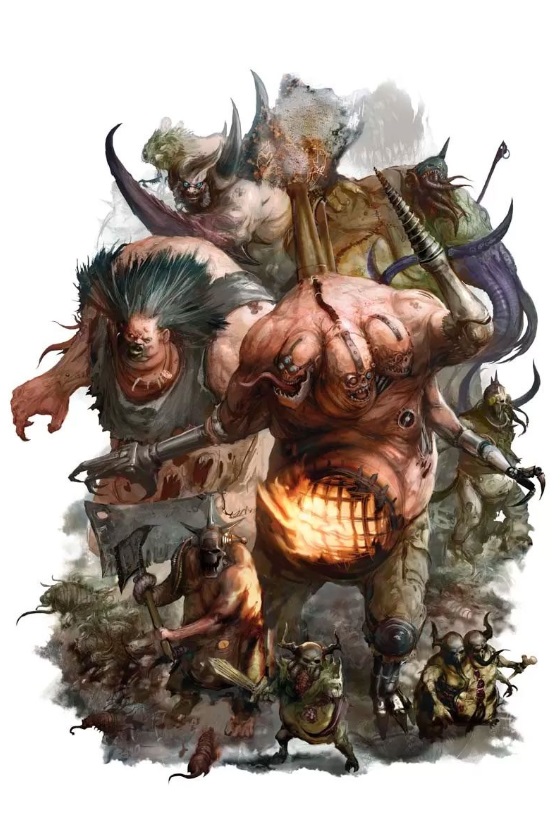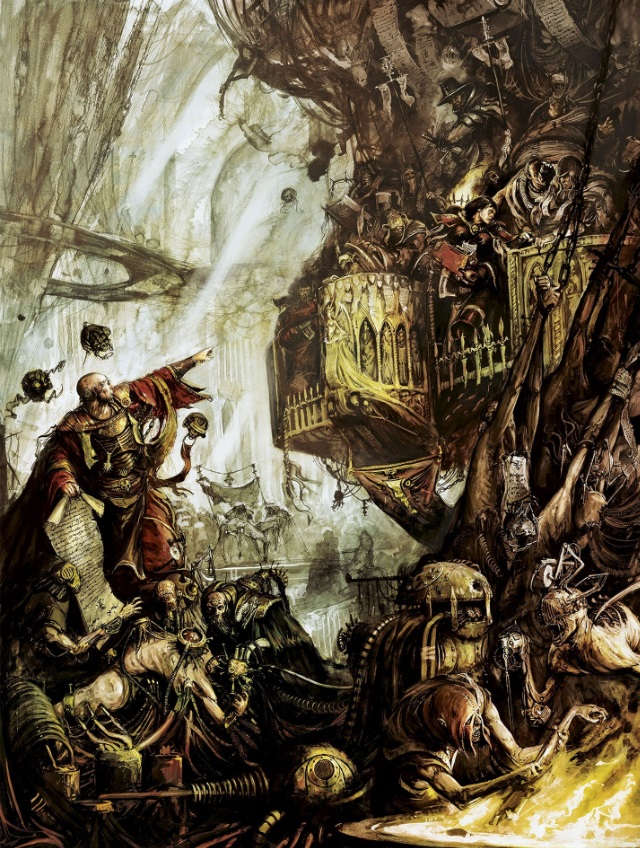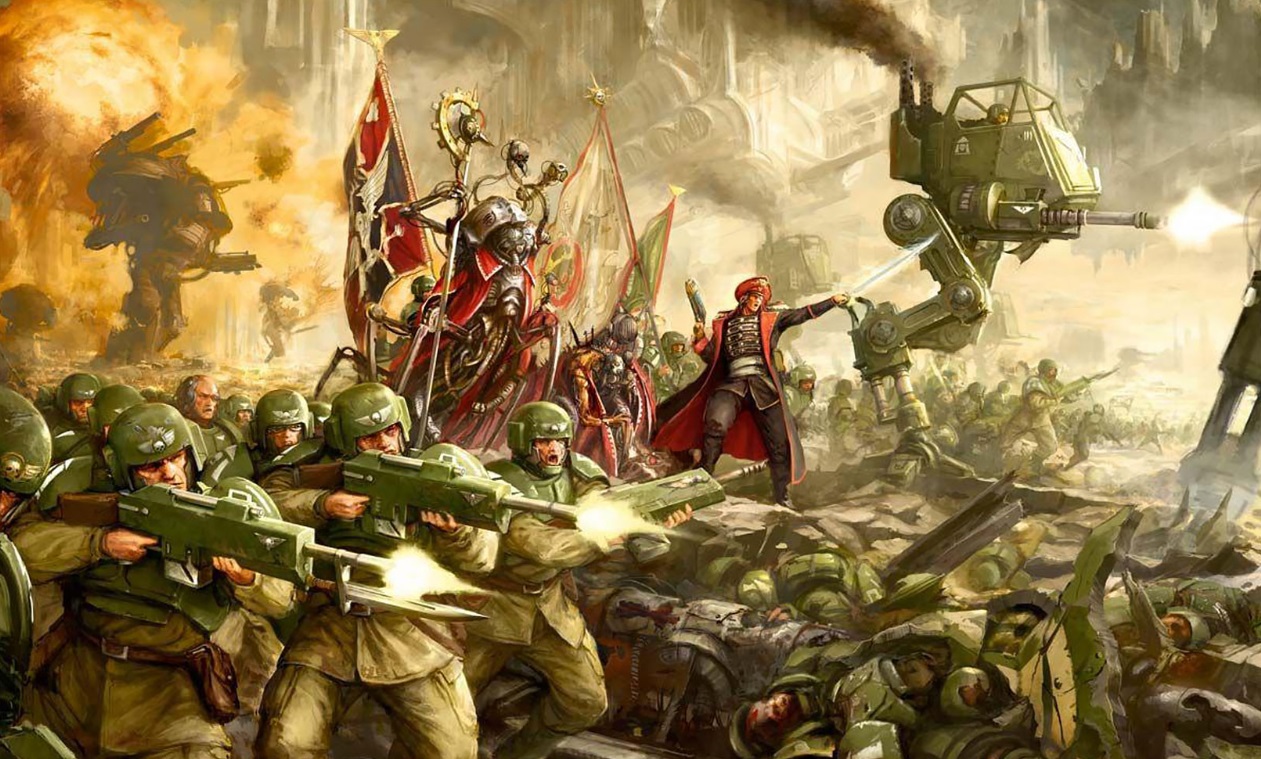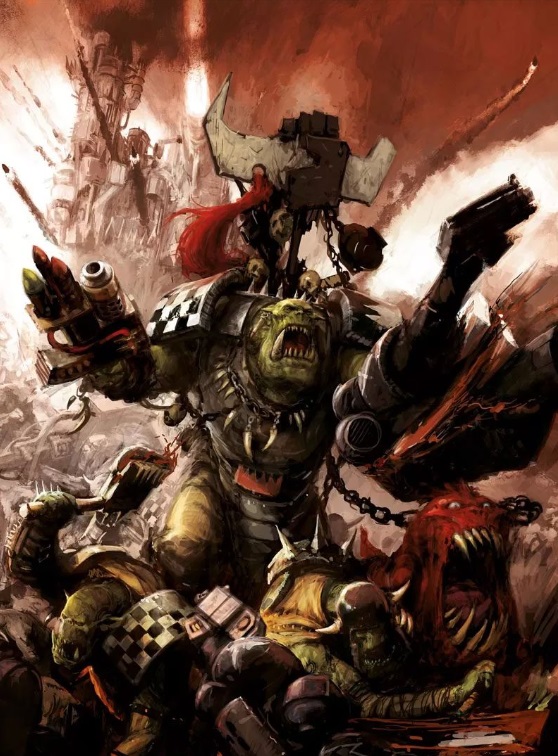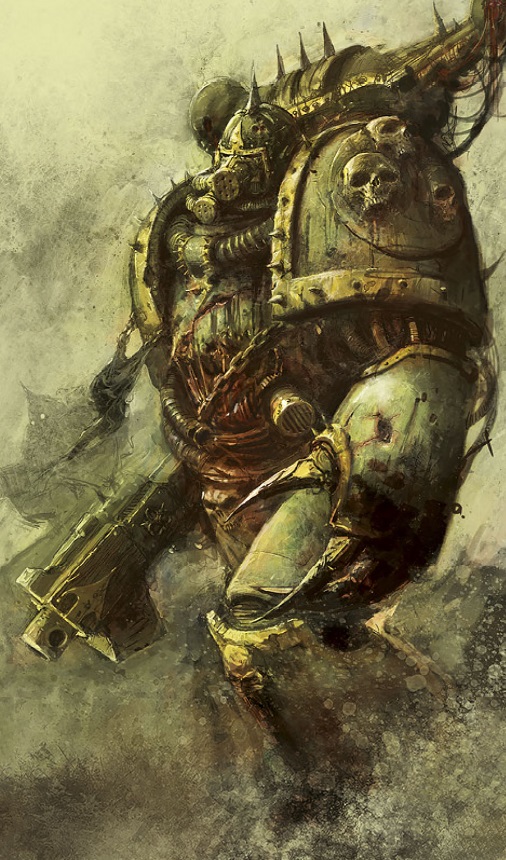
Plague Marines: Champions of Nurgle and Masters of Disease in Warhammer 40,000
The Plague Marines: Champions of Nurgle
Plague Marines are among the most feared warriors in Warhammer 40,000, serving as the twisted champions of Nurgle, the Chaos God of disease, decay, and entropy. Once loyal Space Marines, they were transformed during the Horus Heresy, embracing Nurgle’s gifts and becoming grotesque parodies of their former selves. Their ancient, corroded power armor is covered in filth and unnatural growths, giving them an almost unbeatable resilience. Nurgle’s blessings make them immune to pain, fear, and death, allowing them to spread disease wherever they go with a lumbering determination.
The Horrifying Weapons of the Plague Marines
The weapons of a Plague Marine are as horrific as their appearance. Armed with bolters that launch disease-infested rounds, plague knives coated in toxic filth, and Blight Grenades filled with virulent contagions, they are masters of biological warfare. Their attacks are slow and agonizing, infecting wounds with diseases that can spread long after the battle has ended. Plague Marines take twisted pleasure in causing suffering, viewing the spreading of disease and decay as a perverse gift they share with the enemy.
Resilience Beyond Death
The resilience of Plague Marines is legendary, sustained by Nurgle’s blessings. They can endure injuries that would destroy other Space Marines, such as missing limbs or severe burns, regenerating grotesquely as their decayed flesh reknits itself. Their bodies are filled with unnatural vitality, allowing them to continue fighting despite being horribly wounded. An aura of disease surrounds them, infecting everything in their proximity and creating psychological dread in their enemies. To the Plague Marines, pain and decay are meaningless; they embrace these gifts as part of Nurgle’s eternal cycle of transformation.
Plague Marines: The Missionaries of Nurgle
The loyalty of Plague Marines to Nurgle goes beyond service—it is an acceptance of his ideology of decay and rebirth. They view disease not as a curse, but as a blessing, bringing transformation rather than death. As missionaries of Nurgle’s dark gospel, they take a disturbing pleasure in spreading decay, moving slowly into battle and savoring the spreading of contagions. To them, every battlefield is a garden of rot, where they plant the seeds of Nurgle’s influence, ensuring that their enemies will suffer long after the fight is over.
The Plague Marines’ Insidious Threat
Plague Marines are one of the most insidious threats the Imperium faces, capable of turning entire worlds into festering wastelands. Their presence causes diseases to run rampant, crippling infrastructure and making even the most fortified defenses vulnerable. Imperial forces dread facing them, knowing that even a victory often comes at a terrible cost, as Plague Marines’ diseases continue to spread long after the battle ends. These warriors remind the galaxy that nothing, not even the strongest bastions of humanity, can escape the inevitability of decay.


